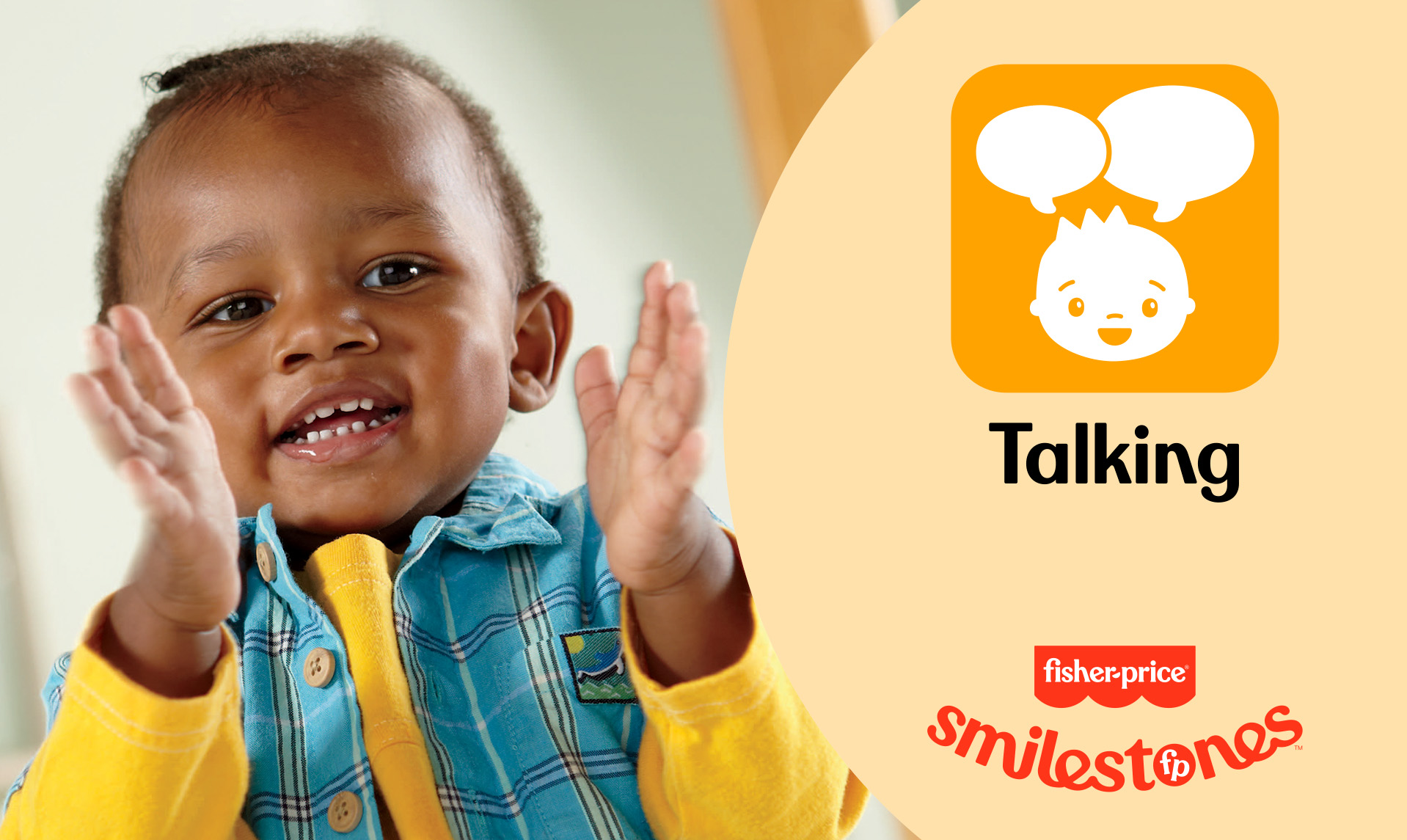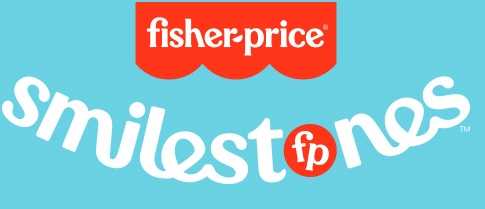Talking With Toddlers: How Language Skills Develop
July 6, 2023

Welcome to Toddlerhood! Your little one is probably experiencing a lot of big “firsts.” First steps, first friends… maybe they’ve even said their first words! So, how do you keep that momentum going and help your toddler grow those early language skills?
At this age, your child is ALWAYS learning. Toddlers are like little walking sponges, soaking up everything they can gather from the world around them (for better or worse). Every conversation is an opportunity for them to learn new words, make new connections and pick up the social rules of conversation, like taking turns speaking and listening to the other person.

How to help your tot get talking: the basics

1. Surround them with language.
From regular conversations, to reading books aloud, singing songs and playing together, enrich their days with All. The. Words.

2. Identify familiar objects & people.
Your toddler will want to know the word for everything, pointing and asking you to name it. Answering them helps boost their vocabulary.

3. Elaborate their one-word sentences.
For example, if your child sees the garbage truck and yells, “truck!” You can respond, “Yes, that’s the garbage truck. The workers are collecting everyone’s garbage to take it away.”

4. Narrate playtime.
Give them a play-by-play of the action while you play together and see all the different directions that story goes in once your little talker starts to steer the plot!
Surprising tips
Here are some additional methods I’ve learned through my work with families (and with my own kiddos) that can help with language development.

1. Keep phones, tablets & televisions off when playing.
This helps your child stay in the moment and focus on the conversation and storytelling during play.

2. Show options while listing them, rather than asking an open-ended question.
For example, instead of asking “What would you like to drink?” show them the respective containers while asking “Would you like water or milk to drink?” This helps them articulate what they want.

3. Keep an open line of communication with your kiddo.
Chatting regularly (about anything and everything) not only fosters good communication skills, like listening and taking turns, but it helps build trust and lets them know they can come to you when they need to.


Talking timeline for toddlers
Every child develops at their own pace, but in general, language skills tend to progress in the following way.

11-18 months
Your tot’s first words will likely be either labeling words, like “mama” or “dada,” social words, like “hi” or “bye-bye,” or exclamatory expressions, like “uh-oh” or “oh no.”

18-23 months
Your toddler may make up their own labels for familiar things, which quickly progresses to putting words together in simple, two-word sentences, like “mommy shoe.”

2 years
Your kiddo will start to speak in 3-to-4-word sentences, ask simple questions like “what is that?” and will want to know the word for everything.

3 years
By now, their vocabulary is made up of about 200 words & expanding daily. They’ll use more complex sentences & start asking questions starting with “why?” or “how?”


Keep in mind the above is just a general timeline. You know your child best, and if you’re ever concerned, talk to your pediatrician.
Even as a childhood development expert, I was not prepared when my oldest son showed signs of a speech delay. I reached out to my pediatrician as soon as I noticed he was not reaching his milestones, and my gut told me there might be an issue. I’m so glad I did. Now my son receives services that support him in the ways he needs, and he’s doing great!



Parent check-in
So, how are you feeling?
Talking is such a fun milestone because your toddler’s personality really starts to burst through. They’re learning so much, discovering their likes and dislikes, and figuring out how to express themselves. Before you know it, you’ll be hearing aaaall their thoughts and feelings, plus tackling some super important questions, like what did dinosaurs eat for breakfast, and why are pants so important?
It’s exciting and entertaining, but it can be stress-inducing, too. Trust your instincts and don’t be afraid to reach out for help, for your child and yourself, if you need it.
Gentle reminder: If you ever have concerns about your child’s development, trust your gut and reach out to your pediatrician.”

Bringing a smile to milestones.
Say hello to happier parenting. At Fisher-Price, we’re here to help you celebrate the little victories, let go of expectations, and pick up more positivity. Because after more than 90 years of helping families, we’ve learned every child learns in their own way – at their own pace. That’s the beauty of the Smilestones approach. It’s about finding the joy in every stage (big and small) for every kid.
Learn More






































